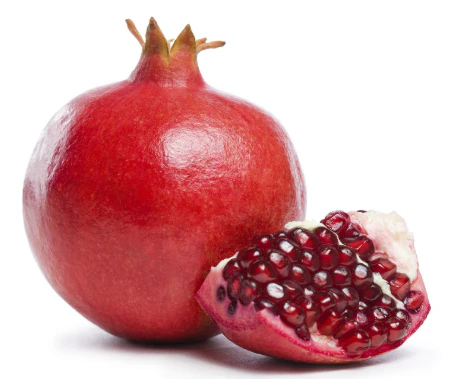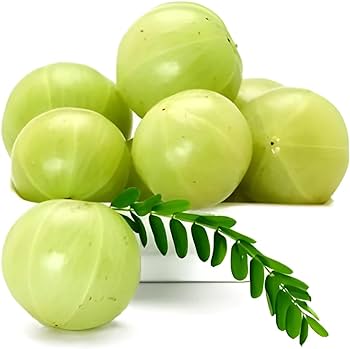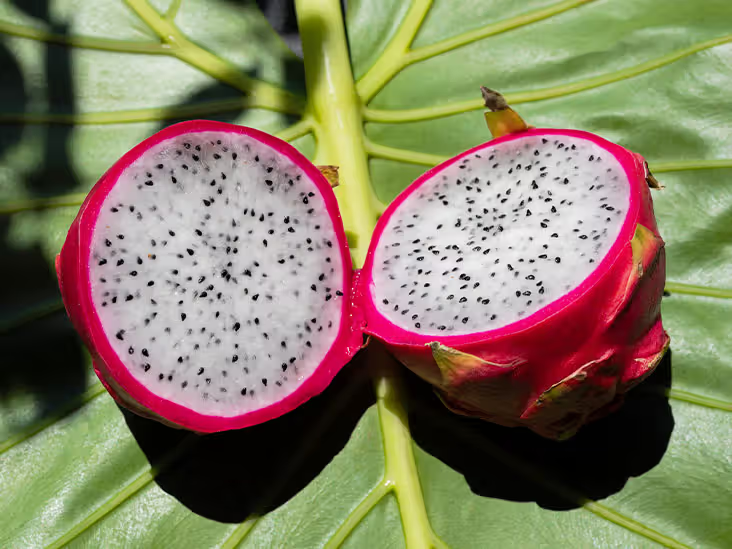7 Fruits That Help Speed Up Dengue Recovery
Dengue fever is a mosquito-borne illness that can cause a range of symptoms, including fever, headache, muscle and joint pain, and fatigue. While there’s no specific cure for dengue, a healthy diet plays a crucial role in speeding up recovery. Here, we’ll explore seven fruits packed with nutrients that can help you bounce back faster.
The Importance of Nutrition for Dengue Recovery
During dengue, your body is fighting off the infection. A nutritious diet provides the essential vitamins, minerals, and fluids needed to support this fight and promote healing. It helps maintain your strength, boosts your immune system, and combats fatigue.
Fruits for Quick Recovery From Dengue
Here are some fruits that are particularly beneficial for speeding up dengue recovery:
Papaya

This tropical fruit is a champion for dengue patients. Papaya contains papain, an enzyme with anti-inflammatory properties that can help reduce dengue-related inflammation and support a faster recovery. Research suggests papain may also have properties that help increase platelet count, which can be helpful as dengue can sometimes cause a decrease in platelets.
Kiwi

This little green powerhouse is packed with vitamin C, potassium, and copper. Vitamin C strengthens your immune system, while potassium helps maintain electrolyte balance. Copper aids in producing healthy red blood cells, which can be depleted during dengue.
Pomegranate

This jewel-toned fruit is rich in iron, which is essential for maintaining healthy blood platelet levels. Dengue can cause a decrease in platelets, and pomegranate helps replenish them, reducing the risk of bleeding.
Malta (Indian Gooseberry)

This citrus fruit is an excellent reservoir of vitamin C and antioxidants. Vitamin C enhances the functionality of your immune system, while antioxidants combat the harmful effects of free radicals on cells during periods of illness. In addition, Malta aids in maintaining hydration, which is essential during dengue fever.
Dragon Fruit

This vibrantly colored fruit is loaded with vitamins, minerals, and antioxidants. It boasts vitamin C to boost immunity and prebiotics to promote gut health, which can be disrupted during dengue. Prebiotics are a type of fiber that nourishes good gut bacteria, which are essential for digestion and overall health.
Vegetables and Other Foods That Aid Recovery
While fruits are fantastic, don’t forget about these beneficial vegetables and other foods:
- Spinach: This leafy green vegetable is rich in iron and folate, both of which are essential for healthy red blood cell production, which can be impacted by dengue.
- Beetroot: This root vegetable is a good source of vitamins and minerals, including iron and folate, which are important for red blood cell production. Additionally, beetroot helps improve blood flow, which can be beneficial during dengue.
- Oatmeal: This comforting whole grain is a great source of complex carbohydrates, which provide sustained energy. It’s also easy to digest, making it a good choice for those with nausea or vomiting, common dengue symptoms.
- Coconut Water: This natural electrolyte drink is a lifesaver during dengue. It helps replenish fluids lost due to fever and sweating, keeping you hydrated.
- Broccoli: This cruciferous vegetable is loaded with vitamins, minerals, and antioxidants. It provides vitamin C for immune support and antioxidants to combat inflammation.
- Yogurt: This probiotic-rich food helps restore gut health, which can be disrupted by dengue and antibiotics sometimes prescribed during the illness.
Foods to Avoid During Dengue Recovery
While some foods are beneficial, others can hinder your recovery. Here’s what to avoid:
- Fried Foods: They are greasy and difficult to digest, putting a strain on your digestive system.
- Spicy Foods: Spicy foods can irritate your stomach and worsen nausea and vomiting symptoms.
- Fatty and Processed Foods: These foods are low in nutrients and can make you feel sluggish.
- Caffeine and Alcohol: These dehydrate you, worsening fatigue and hindering recovery.
Keep in mind that a nutritious diet is only one component of the overall picture. Ensuring an ample amount of rest and adhering to the recommendations provided by your doctor are crucial for achieving a complete recuperation from dengue.







